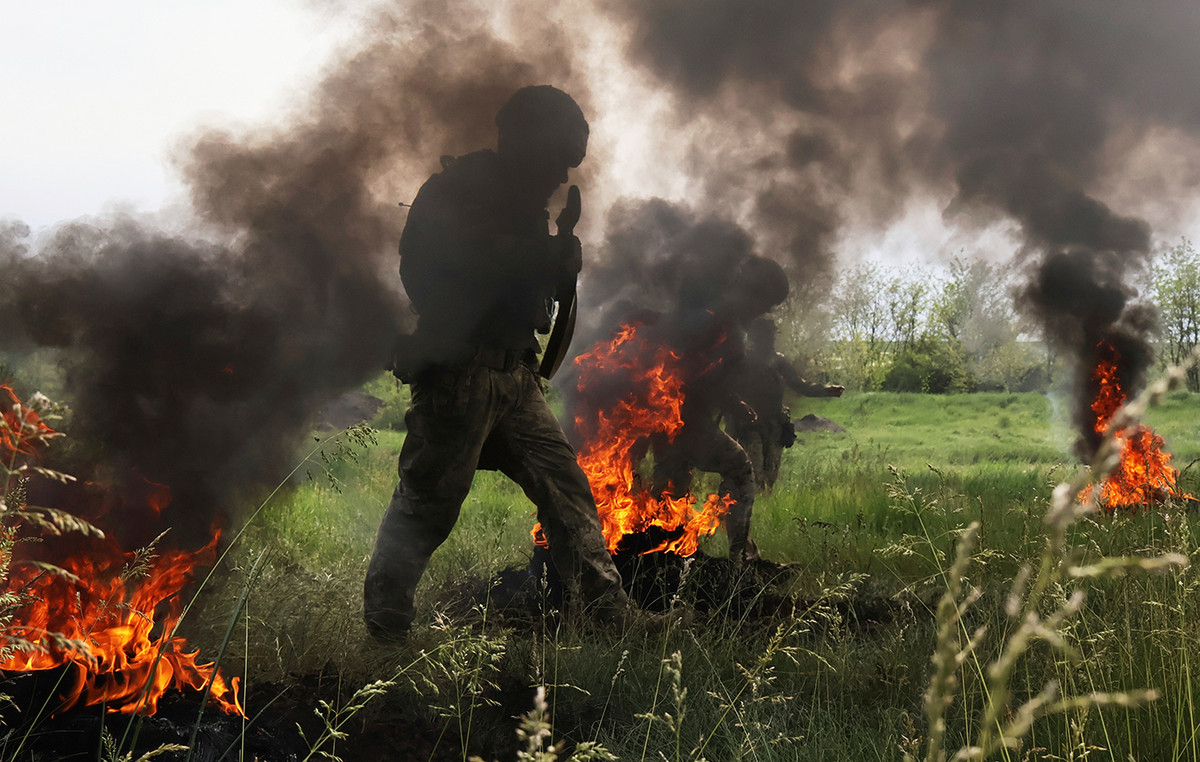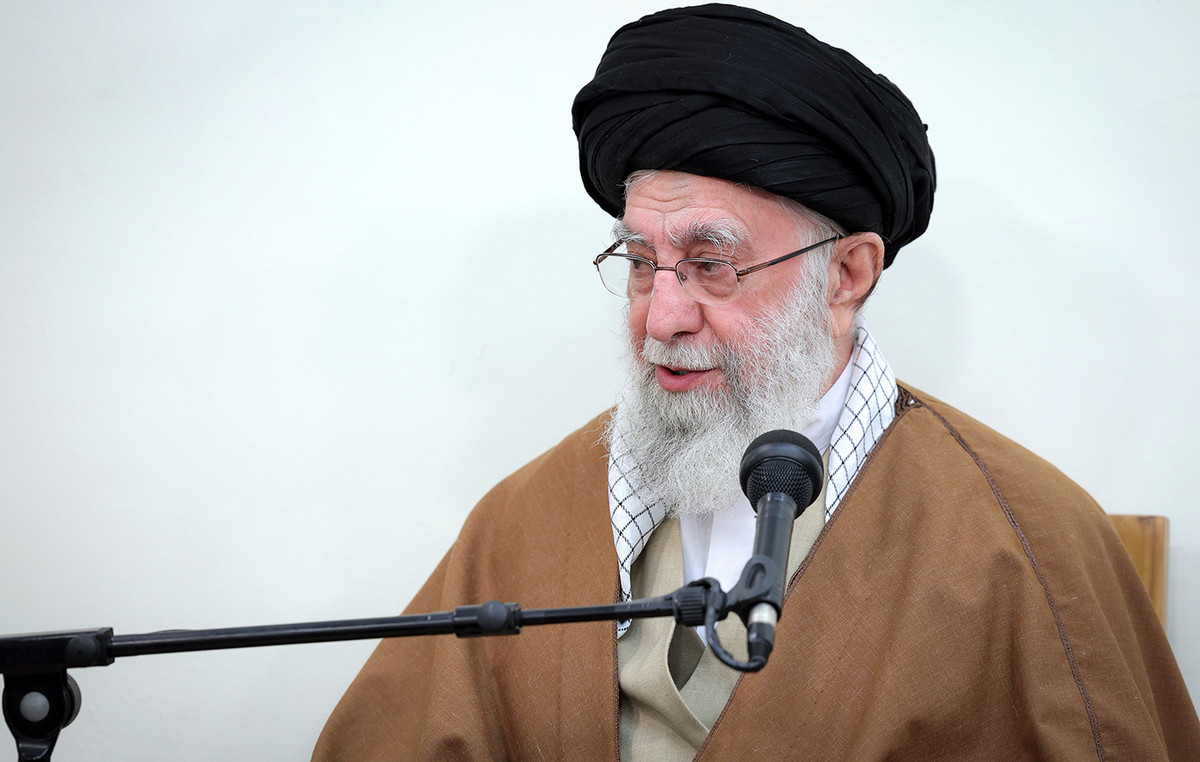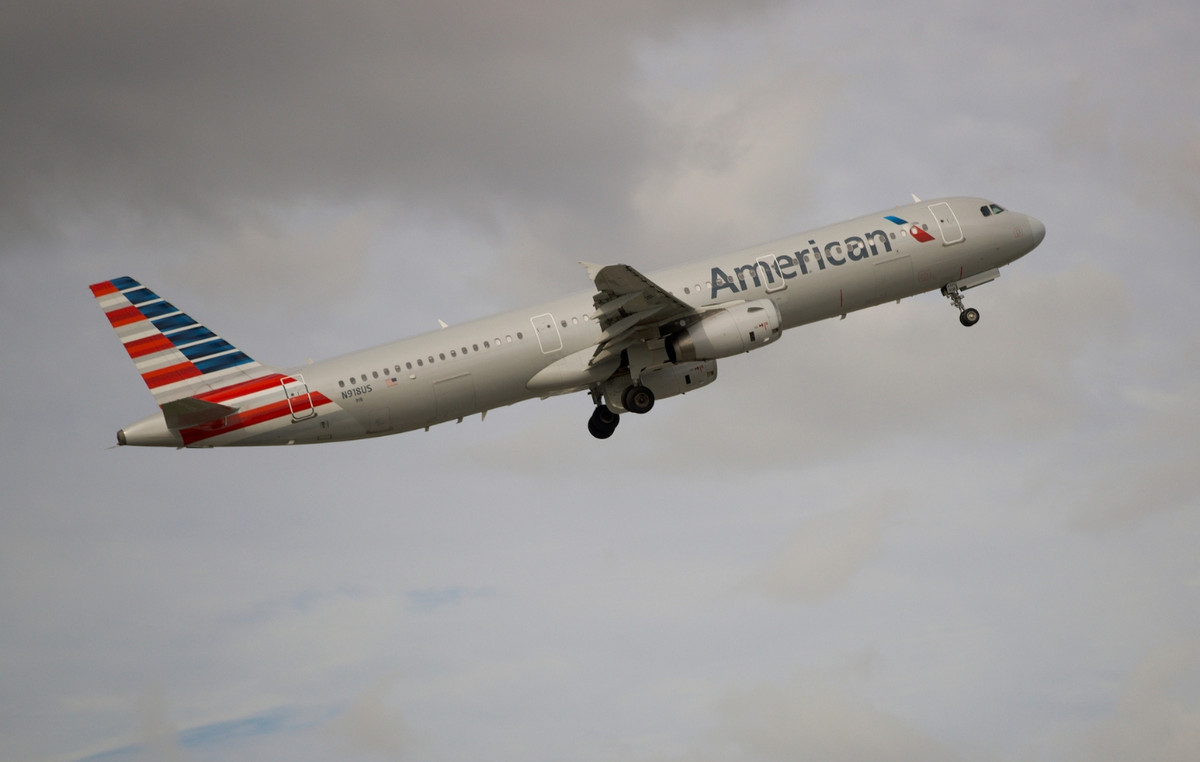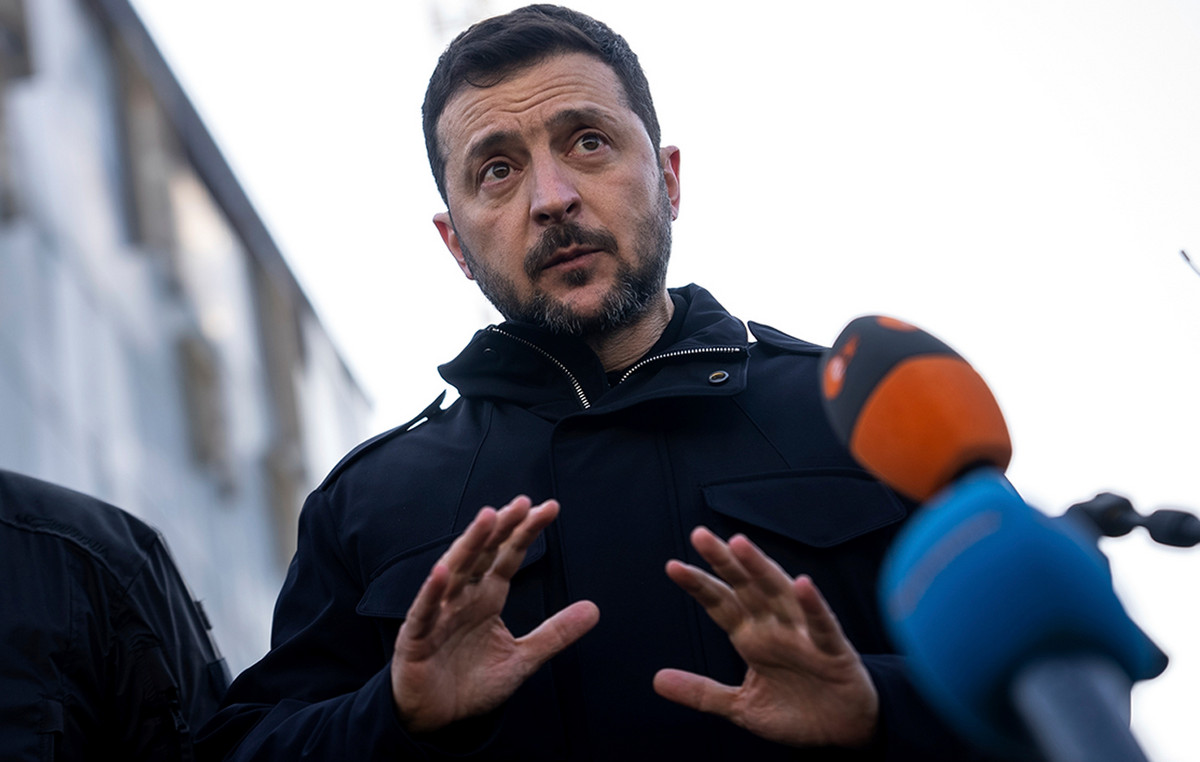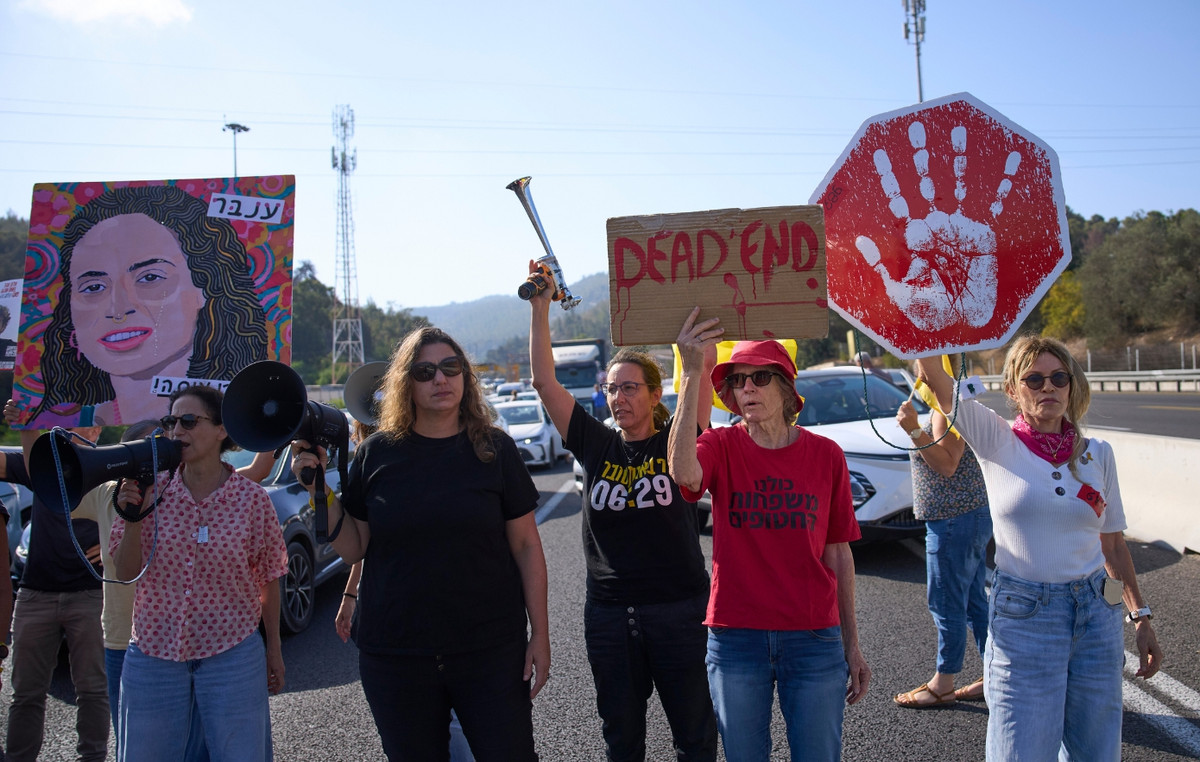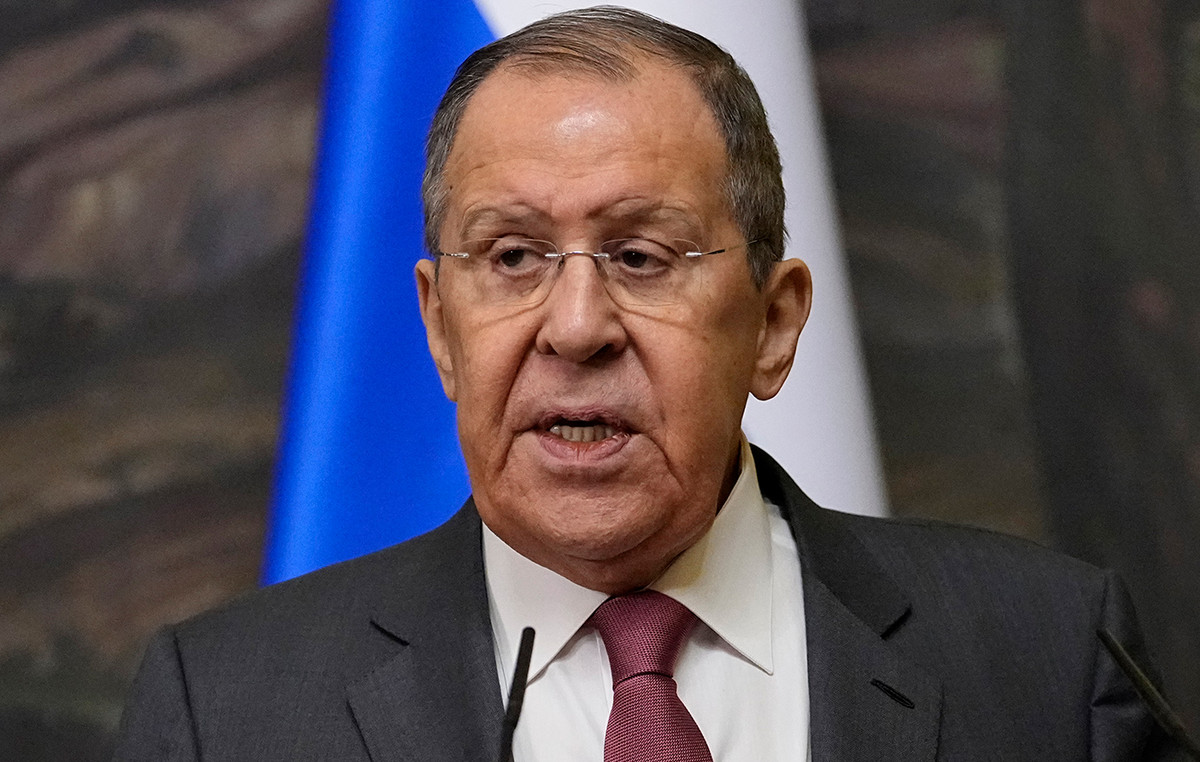NATO members are racing to finalize a plan to provide Ukraine with long-term support, but they argue over how best to ensure the country’s security until it can join the military alliance, according to US and European officials.
With four weeks to go before the NATO summit in Vilnius, which is expected to approve the package, there is an agreement that Ukraine cannot join the alliance while fighting is still ongoing against Russian forces, a position accepted in early June by President Volodymyr Zelensky after months of begging for speedy admission.
Alliance members are close to agreeing on incremental steps to strengthen ties with Ukraine, including an update on how NATO and Kiev cooperate and a multi-year program to help Ukraine bring its security forces up to NATO operational and technical standards. , according to authorities.
The allies have yet to resolve differences over how to handle Ukraine’s desire for membership, governed by a vague 2008 declaration that it would join the North Atlantic Treaty Organization without defining how or when.
US Ambassador to NATO Julianne Smith told reporters on Wednesday that members were still discussing how to respond to the Kiev government’s membership aspirations.
“There’s a rich conversation going on across the alliance with a whole range of viewpoints,” said Smith.
A senior alliance source, speaking on condition of anonymity, said there was “a difficult search to find a mechanism to bring Ukraine closer to NATO without taking it to NATO”.
Western governments such as the United States and Germany are wary of moves they fear could bring the alliance closer to entering an active war with Russia, which has long seen NATO expansion into eastern Europe as evidence of western hostility.
Asked on June 2 about Ukraine’s aspirations to join NATO, Kremlin spokesman Dmitry Peskov said “it would be a potential problem for many, many years”.

Russian President Vladimir Putin sent his forces into Ukraine in February last year, saying Russian security needed to be protected. Few military analysts expect the just-launched Ukrainian counteroffensive to bring the conflict to a quick end – instead, many predict years of fighting.
Over that time, popular support for defending Ukraine in the West could wane and the 2024 US election could result in a government less willing to spend money on war.
Looming in the deliberations is the question of whether alliance members can show unity by striking deals ahead of the July 11-12 summit in the Lithuanian capital. Failing to do so would give Putin a political and propaganda achievement.
“No one wants to risk disunity being openly displayed,” said a leading Eastern European diplomat.
(Reporting by Jonathan Landay and Andrew Gray)
Source: CNN Brasil
Bruce Belcher is a seasoned author with over 5 years of experience in world news. He writes for online news websites and provides in-depth analysis on the world stock market. Bruce is known for his insightful perspectives and commitment to keeping the public informed.

